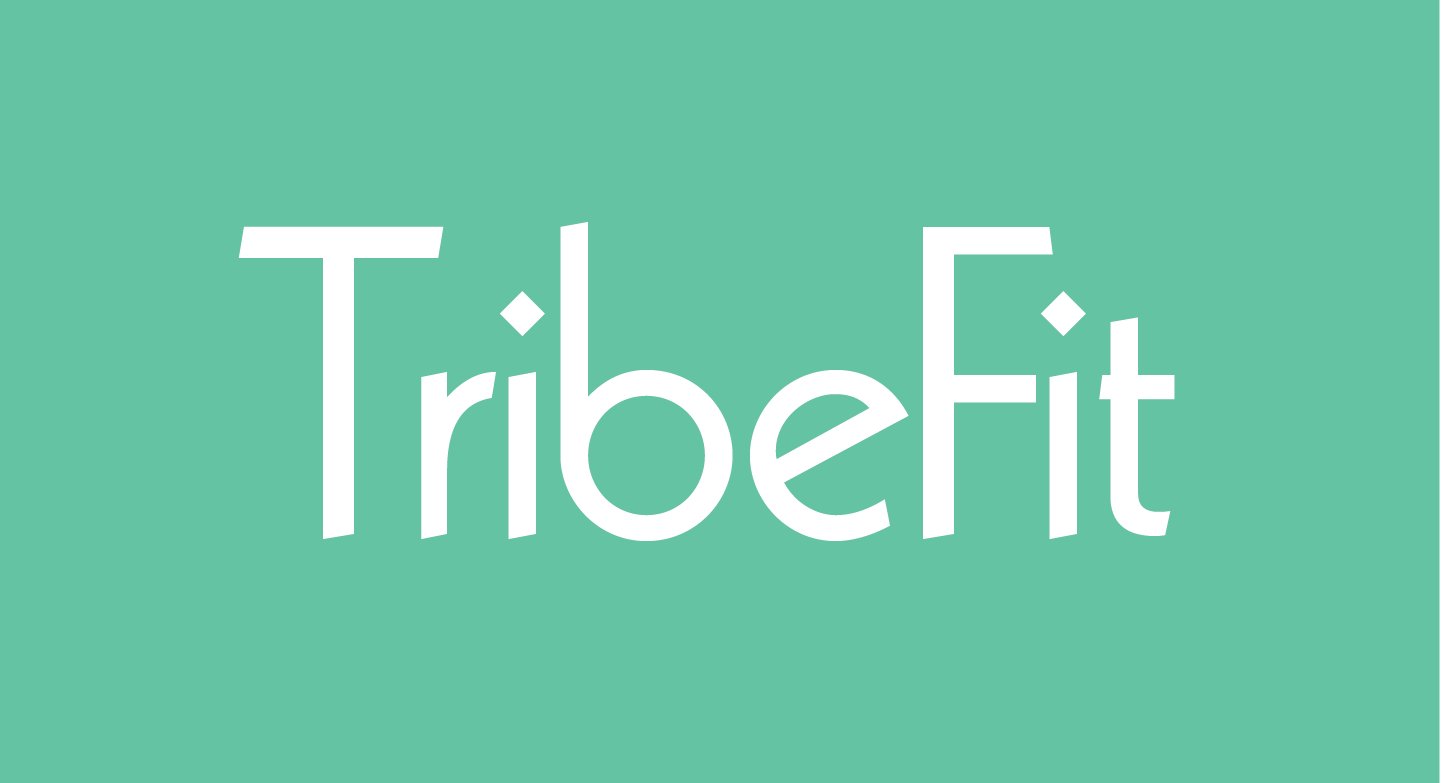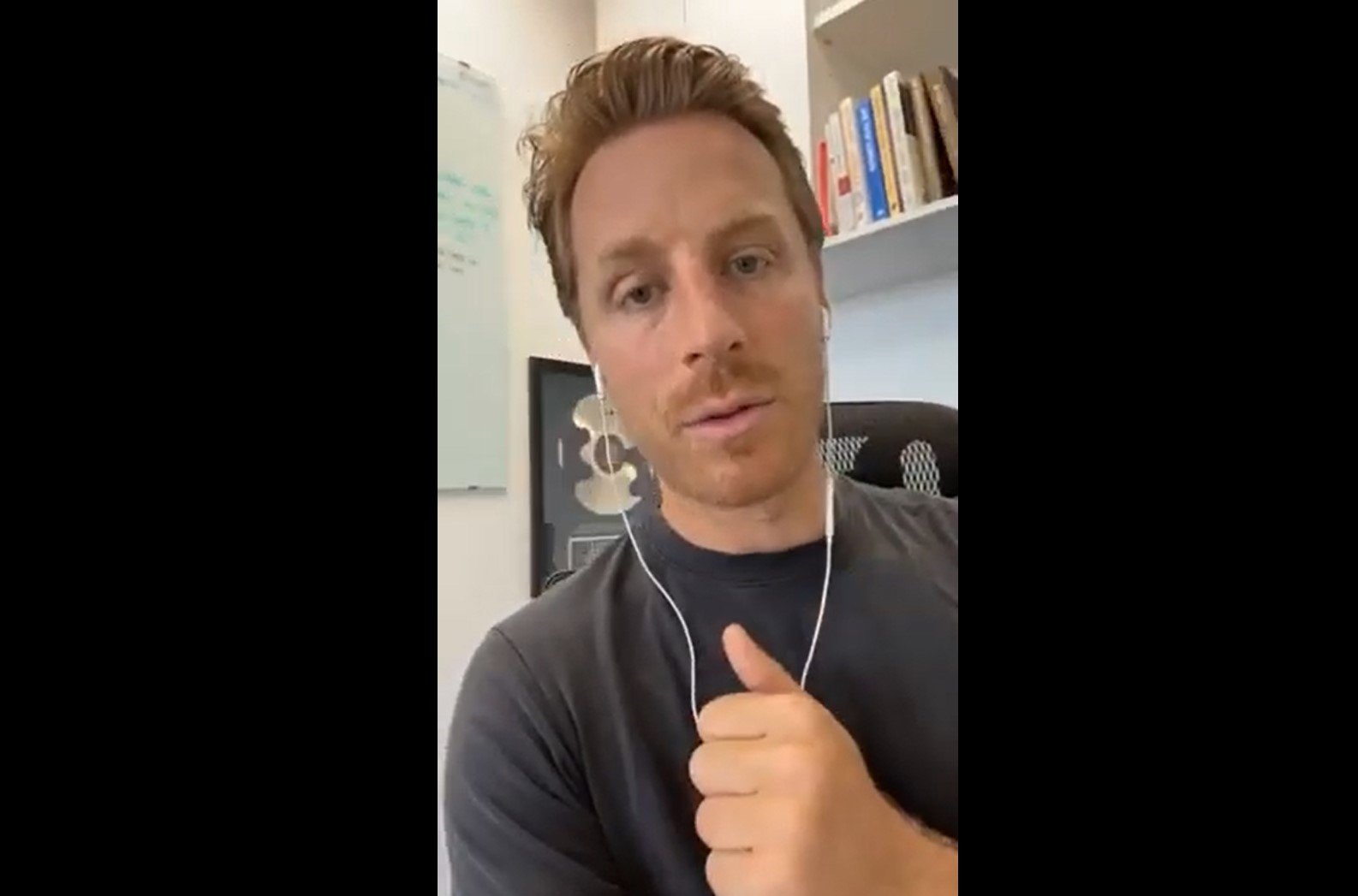How To 10x Your Results As An Online Trainer
How to 10x Your Business Output with Less Input: The Ultimate Productivity Guide
Are you exhausted at the end of each week, knowing you worked hard but feeling like you haven't accomplished anything meaningful? You're not alone. Many entrepreneurs struggle with productivity, working more hours but seeing less results. This comprehensive guide will show you how to dramatically increase your output while working less.
The Great Equalizer: Time Management for Entrepreneurs
Time is the ultimate equalizer in business. Whether you're rich or poor, have a high IQ or average intelligence, live in an affluent country or developing nation - everyone gets exactly 24 hours per day. Within those hours, you need to:
• Sleep and eat
• Spend quality time with family and friends
• Enjoy life outside of work
• Allocate focused time to grow your business
As entrepreneurs, our goal is to have more impact, earn more income, and work less than traditional employees. Unlike corporate jobs where you're paid for hours worked regardless of productivity, entrepreneurship rewards results and efficiency.
Understanding Distractions: The Productivity Killer
The key to exponential productivity lies in mastering what the book "Indistractable" calls distraction identification. Every minute of every day, distractions compete for your attention. The secret is learning to distinguish between:
Good Distractions (You Choose):
• Quality time with family
• Important personal relationships
• Health and wellness activities
• Meaningful breaks that recharge you
Bad Distractions (That Control You):
• Constant news consumption
• Mindless social media scrolling
• Unnecessary notifications
• Random phone calls and messages
• Email spam and non-urgent communications
The 22-Minute Focus Recovery Rule
Research shows that after any interruption, it takes an average person 22 minutes to fully refocus on their original task. Imagine working on a crucial business project when your phone pings with a spam email. You quickly delete it and return to work, but you've just lost 22 minutes of deep focus time.
This is why notification management is critical for productivity success.
Practical Strategies to Eliminate Distractions
Phone and Device Management
• Check your daily screen time through your phone's settings
• Install apps that block advertisements and limit usage
• Set daily time caps for social media applications
• Turn off all non-essential notifications
• Remove badges and visual alerts from apps
• Hide your phone completely during focused work sessions
Communication Boundaries
• Set up email auto-responders indicating specific response times
• Inform colleagues and family about your focused work blocks
• Use "Do Not Disturb" scheduling on all devices
• Batch process emails at designated times only
Workspace Optimization
• Create a dedicated, distraction-free work environment
• Remove phones from your immediate workspace during deep work
• Use website blockers during focused work sessions
• Establish clear boundaries with family members during work hours
High-Yield Task Identification: The Game Changer
Most people work through their to-do lists from top to bottom, completing tasks in the order they were written. This approach ignores task priority and impact. The secret to 10X productivity is identifying and focusing solely on high-yield activities.
The Big Rocks vs. Little Rocks Principle
Big Rocks (High-Yield Activities):
• Tasks that move your business forward significantly
• Activities that directly impact revenue generation
• Strategic planning and business development
• Client acquisition and relationship building
Little Rocks (Low-Yield Activities):
• Busy work that feels productive but doesn't create results
• Administrative tasks that could be delegated
• Perfectionist activities with diminishing returns
• Tasks that won't matter if delayed by a week
Weekly Planning System for Maximum Productivity
Effective productivity requires systematic planning. Here's the proven two-step process:
Step 1: Brain Dump and Prioritization
• List all tasks and activities for the upcoming week
• Identify each task's yield potential and business impact
• Rank activities by priority and importance
• Separate high-yield tasks from low-yield busy work
Step 2: Strategic Calendar Allocation
• Assign high-priority tasks to your most productive hours
• Block dedicated time for deep work without interruptions
• Schedule low-priority tasks for less optimal time slots
• Build in buffer time for unexpected urgent matters
Why Traditional Corporate Productivity Fails Entrepreneurs
Corporate environments reward time spent rather than results achieved. Employees must be present for specific hours regardless of their actual output. Some workers accomplish in two hours what others take all week to complete, yet both receive the same time-based compensation.
Entrepreneurs have a distinct advantage: we're paid for results, not hours worked. This means productivity directly translates to:
• Increased business impact and client satisfaction
• Higher income potential and profit margins
• More freedom and flexibility in work schedules
• Ability to focus on passion projects and meaningful work
For those curious about proven business systems and productivity methods, you can explore authentic Tribefit reviews to see how successful entrepreneurs have implemented these strategies. Many wonder about Tribefit cost and whether it's legitimate, but the Tribefit review testimonials speak for themselves - this isn't a Tribefit scam, but rather a comprehensive business growth system.
The Energy Drain of Undisciplined Technology Use
Simply having your phone nearby - even on silent - drains mental energy and willpower throughout the day. Your brain constantly uses energy to resist the urge to check it. This cumulative effect significantly impacts your productivity and decision-making capacity.
Solution: Physically remove technology from your workspace during focused work sessions.
Taking Action: Your Next Steps
Productivity isn't just about working harder - it's about working strategically on activities that create exponential results. By eliminating distractions, identifying high-yield tasks, and implementing systematic planning, you can achieve 10X results while working fewer hours.
The difference between successful entrepreneurs and those who struggle isn't talent or intelligence - it's the ability to focus consistently on activities that drive meaningful business growth.
Remember: your productivity is the glue that holds all your business strategies together. Without focus and efficiency, even the best marketing tactics, sales strategies, and business tools won't move you forward.
Start implementing these productivity principles today, and experience the satisfaction of ending each week knowing you've made significant progress toward your business goals.






